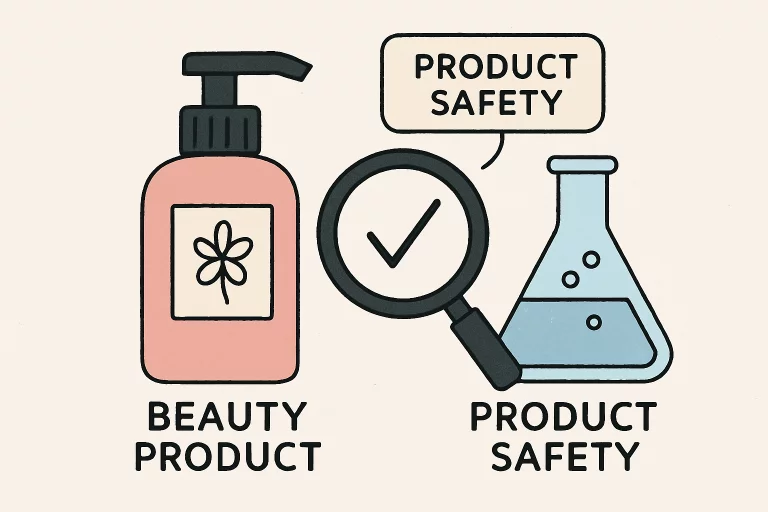Lifestyle
How Reliable Product Testing Shapes the Future of Beauty Products

Key Takeaways:
- Reliable product testing ensures the safety and efficacy of beauty products, fostering consumer trust.
- Advancements in technology, such as AI and in vitro methods, are revolutionizing cosmetic testing.
- Regulatory bodies are implementing stricter guidelines to enhance product safety and transparency.
The Importance of Reliable Product Testing
For safe and effective cosmetic development, reliable product testing is crucial in the beauty industry. Mistakes in safety or efficacy can have significant consequences for consumers’ health and a brand’s reputation. Cosmetic product testing ensures that formulations are safe and effective before reaching the market. Testing protocols go beyond surface-level evaluations, identifying allergens, irritants, and compounds that might cause adverse effects. This rigorous process ensures consumers enjoy their favorite skincare, makeup, and personal care products without worrying about hidden dangers. Reliable testing builds trust between beauty brands and consumers, establishing credibility in a crowded market.
Advancements in Cosmetic Testing Technologies
Cosmetic testing is undergoing a new era due to technological advancements, making beauty products safer, more effective, and aligning with ethical expectations. Artificial skin models, lab-engineered tissues that mimic human skin’s complexity, texture, and functionality, provide highly predictive data on irritation, permeability, and long-term effects. These models accelerate research timelines and bridge the gap between laboratory testing and real-world outcomes, ensuring finished products deliver as promised. Utilizing lab-cultured human skin cells, Vitro testing provides a controlled environment for assessing cellular response to product components, providing a more humane alternative to animal testing. These advancements fuel the drive towards cruelty-free, ethical, and scientifically advanced product development that resonates with socially conscious consumers.
Regulatory Developments in Cosmetic Testing
The beauty industry is facing scrutiny due to increasing public health concerns. The FDA has proposed mandatory asbestos testing for talc-containing cosmetics in the US, highlighting the importance of ingredient testing and record-keeping. Brands must now submit transparent documentation and comply with science-based standards, often involving third-party verification. Global harmonization efforts, traceability demands, and stricter labeling rules encourage companies to pursue transparency and accountability. Brands that proactively embrace new guidelines are seen as industry leaders, while those that lag risk losing consumer trust and facing costly recalls or legal repercussions.
Consumer Demand for Transparency and Safety
Modern beauty consumers demand transparency in ingredients, sourcing, manufacturing processes, and scientific methods. Brands that openly publish testing results, support ingredient traceability, and acquire third-party certifications earn deeper trust and loyalty, as consumers listen to endorsements and real-world user reviews.
Challenges in Implementing Advanced Testing Methods
Reliable product testing is essential for safe and effective cosmetic development in the beauty industry. It goes beyond surface-level evaluations, identifying allergens, irritants, and compounds that may cause adverse effects. This rigorous process ensures consumers enjoy their favorite products without fear of hidden dangers. Reliable testing builds trust between brands and consumers, establishing credibility in a crowded market. Companies adopt science-backed testing practices as regulatory requirements tighten for a competitive edge.
The Future of Beauty Product Testing
Cosmetic product testing is set to undergo significant transformation due to advanced technologies, evolving regulations, and the demand for ethical, personalized products. Artificial intelligence accelerates safety prediction, while advanced models provide cruelty-free alternatives. Companies will leverage big data and consumer feedback to create personalized beauty solutions.
Conclusion
Reliable product testing remains the cornerstone of the beauty industry’s future. As science and technology evolve and consumers demand greater safety, transparency, and efficacy, beauty brands must embrace rigorous, innovative testing more than ever before. This commitment safeguards public health and establishes a legacy of brand trust, credibility, and long-term loyalty, ensuring that the industry continues to meet and exceed the highest standards of excellence.
